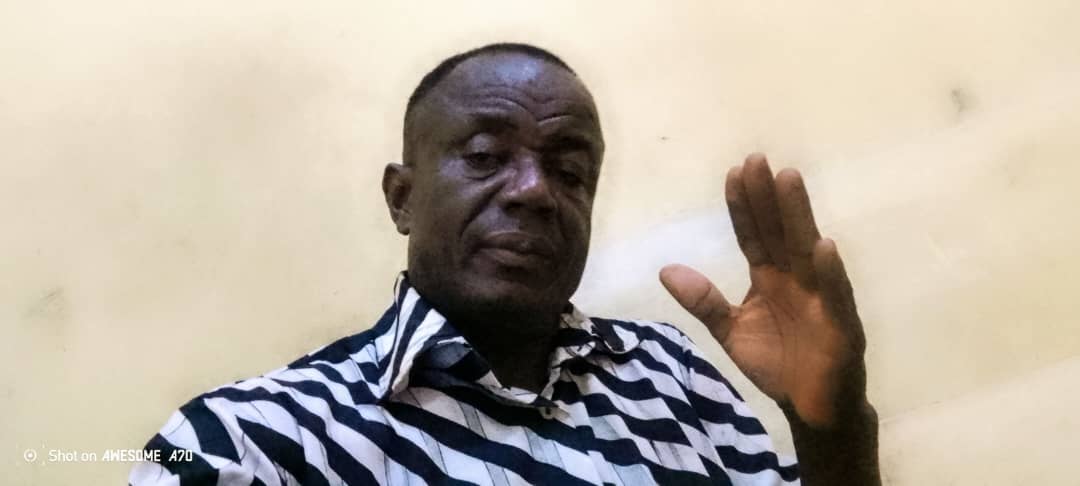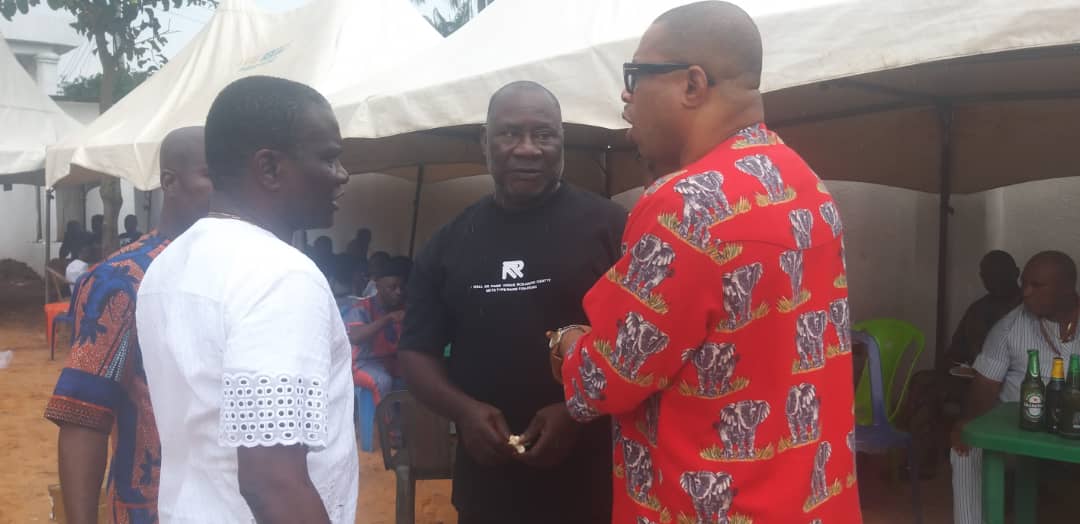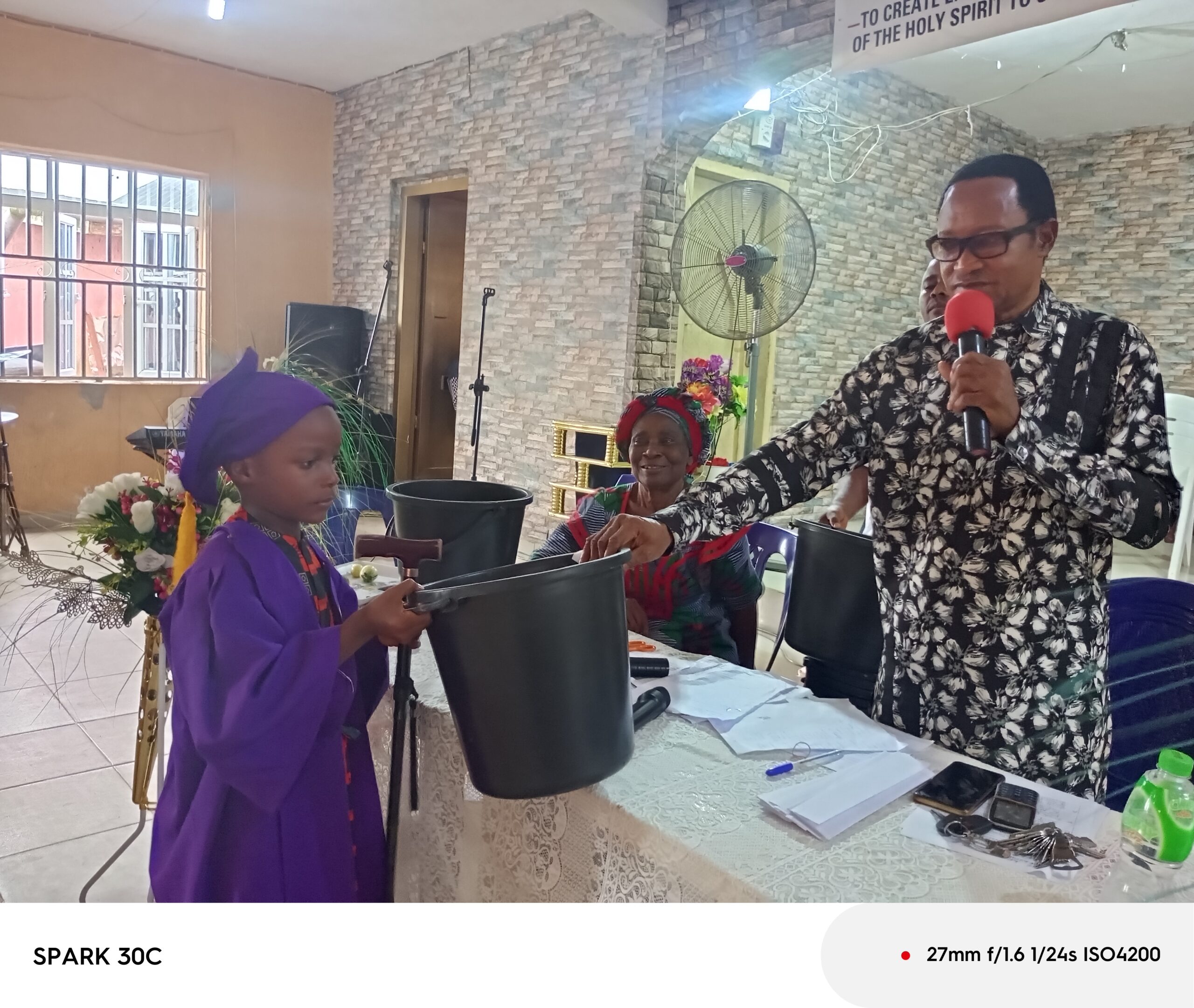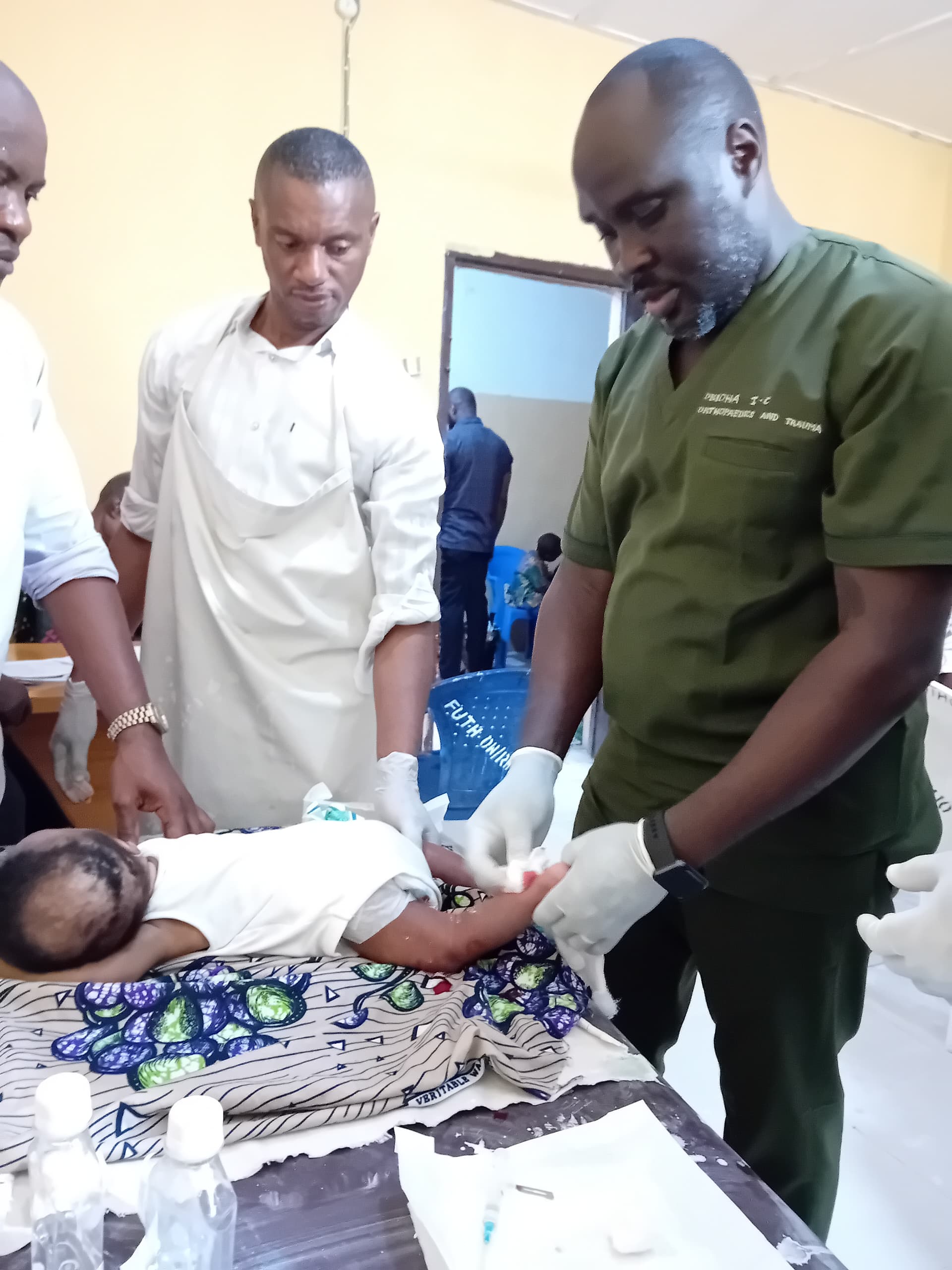
From TCNEWS
As the world marks International Rock Day, a Nigerian engineer and community leader says the occasion offers more than just geological curiosity, it presents untapped potential for national development.
Engineer James Nnadozie Uchegbuo, President-General of Ahuwa-Oboro Autonomous Community in Ikwuano Local Government Area of Abia State, believes Nigeria can harness the educational and economic benefits of rocks through targeted awareness, school curriculum integration, and industrial utilization.
“Rocks are not just stones; they are foundational to our environment, economy, and civilization,” Uchegbuo said in a statement commemorating the day. “If our children are taught to appreciate geology early, we can cultivate future experts who will unlock Nigeria’s vast mineral wealth.”
Rocks, naturally occurring solid aggregates of minerals, have shaped human history. From primitive tools in the Stone Age to critical raw materials for construction, energy, and technology today, rocks remain indispensable.
Granite, for instance, combines minerals such as quartz, feldspar, and biotite, making it valuable in construction and monument design. Others, like cinnabar, have served artistic and industrial functions for centuries.
Nigeria, rich in geological diversity, has untapped deposits of precious stones, industrial minerals, and construction materials. But experts like Uchegbuo argue that these resources remain underutilized due to a lack of public awareness and early education.
Uchegbuo is advocating for the incorporation of basic petrology, the scientific study of rocks, into Nigerian primary and secondary school syllabi. He believes introducing students to rock classification (igneous, sedimentary, metamorphic) and practical rock uses can ignite interest in geology, mining, and engineering careers.
“Learning about rocks can be made interactive and fun. From rock painting projects to local rock hunts, students can connect science with real-world applications,” he explained.
Beyond scientific relevance, he suggests linking rock-based projects with art and cultural history, offering students a holistic, multidisciplinary learning experience.
Nigeria’s mining sector contributes less than 1% to its GDP, a figure Uchegbuo says could grow if rocks were seen through an economic lens rather than as mundane objects.
He highlights the global demand for rock-derived materials such as lithium, copper, and rare earth elements, all essential in renewable energy, electronics, and defense industries.
“Countries like Australia and Canada have built billion-dollar economies on rocks. With better investment, Nigeria can do the same,” he added.

Uchegbuo calls for greater funding for geological research, local processing industries, and youth-friendly education campaigns aligned with global observances like International Rock Day.
Observed annually on July 13, International Rock Day encourages people worldwide to learn about and appreciate the Earth’s rocky formations. It’s not a celebration of music but rather a tribute to the natural elements beneath our feet.
“In a time when Nigeria seeks to diversify its economy beyond oil and encourage STEM (Science, Technology, Engineering, and Math) education, promoting geological literacy is both strategic and timely”, Uchegbuo’s message is clear: Nigeria’s future could very well be written in stone, as Nigeria looks to build a sustainable and diversified future.





